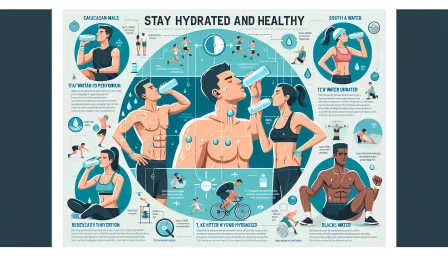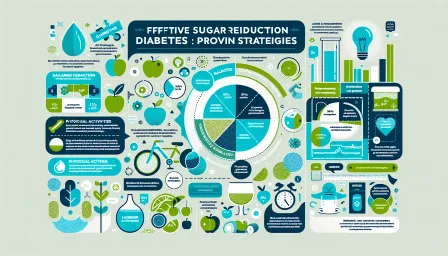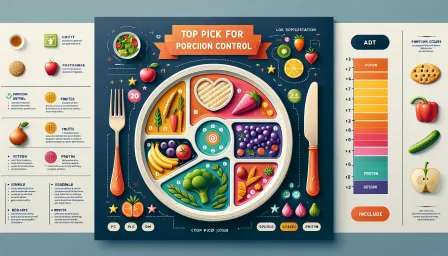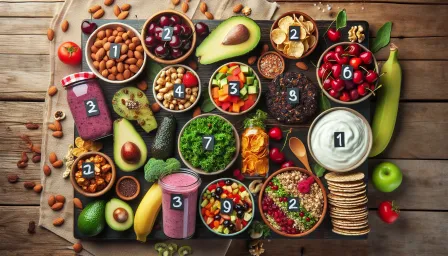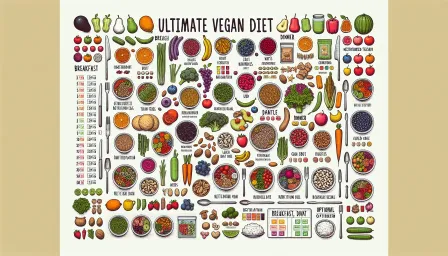Maximize Your Weight Loss: Effective Water Intake for Weight Management
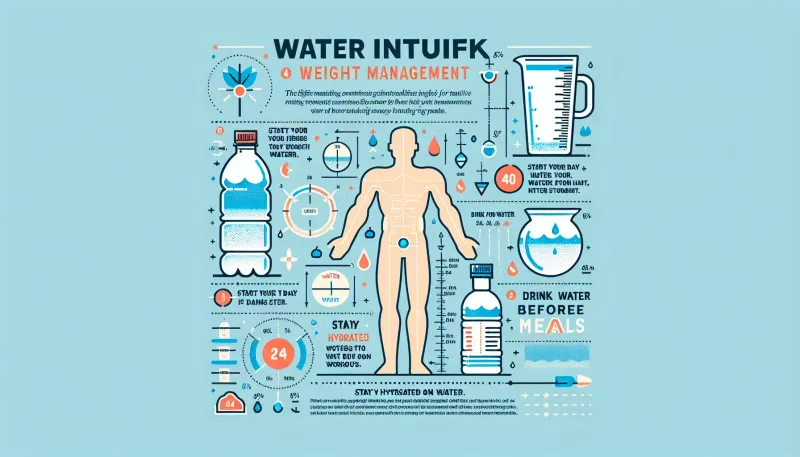
Learn how effective water intake can significantly aid in weight management. Discover expert tips and strategies to optimize your water consumption for weight loss success.
Weight management is a complex process that involves a balance of diet, exercise, and lifestyle choices. Among the myriad of factors that contribute to successful weight loss, water intake is often overlooked. This article delves into the significance of water intake for weight management and offers practical tips on how to maximize its benefits.
The Importance of Water in Weight Management
Water is essential for every cellular function in our body. It plays a crucial role in digestion, nutrient absorption, and temperature regulation. But when it comes to weight management, water offers specific benefits:
- Boosts Metabolism: Drinking water has been shown to temporarily increase resting energy expenditure, which can enhance metabolism and aid in weight loss.
- Reduces Appetite: Drinking water before meals can create a feeling of fullness, leading to reduced calorie intake.
- Helps in Fat Burning: Hydration is essential for the lipolysis process, where water is necessary to burn fat.
- Decreases Liquid Calorie Intake: Substitute sugary drinks with water to lower overall calorie consumption.
Recommended Water Intake for Weight Management
The optimal amount of water intake varies based on factors such as age, gender, weight, and activity level. General guidelines include:
- Adults: Aim for at least 8-10 glasses of water per day (approximately 2-2.5 liters).
- Physical Activity: Increase water intake based on the intensity and duration of exercise.
- Weather: Hot climates increase the body’s water needs.
- Body Weight: A common recommendation is to drink half your body weight in ounces of water every day.
Effective Strategies to Increase Water Intake
Incorporate Water-Rich Foods
Eating water-rich fruits and vegetables such as cucumbers, watermelons, and strawberries can help increase your overall water intake while providing essential vitamins and minerals.
Create a Hydration Schedule
Establishing a hydration schedule can ensure consistent water consumption throughout the day. For example, drink a glass of water first thing in the morning, and set reminders to drink water at various intervals.
Infuse Your Water
Enhance the taste of water by adding slices of fruits, herbs, or a splash of citrus. This can make drinking water more enjoyable and encourage you to drink more.
Use Reusable Water Bottles
Carry a reusable water bottle with you at all times. It serves as a constant reminder to drink water and is an eco-friendly option.
Leverage Technology
Utilize apps and smart devices that remind you to stay hydrated. Technology can help track your water intake and alert you when you need to drink more.
Common Hydration Myths Debunked
Myth 1: Drinking Water Alone Can Cause Weight Loss
While water is a vital component of weight loss, it is not a magic solution. A balanced diet and regular exercise are necessary for effective weight management.
Myth 2: You Can Drink Too Much Water
While overhydration can occur, it is rare and usually affects extreme athletes or individuals with specific medical conditions. For most people, drinking adequate water as per their body’s needs is beneficial.
Myth 3: Caffeinated Beverages Dehydrate You
Caffeinated beverages do have a mild diuretic effect, but they still contribute to your overall fluid intake. However, water remains the optimal choice for hydration.
Monitoring Hydration Levels
Checking the color of your urine is a simple yet effective method to monitor hydration levels. Clear or light-colored urine typically indicates adequate hydration, while dark yellow urine can signal the need for more water.
Conclusion
Water intake is a fundamental aspect of weight management that should not be underestimated. By understanding the benefits of proper hydration and implementing effective strategies, you can maximize your weight loss efforts. Remember, consistency is key, and integrating adequate water consumption into your daily routine can lead to significant health benefits and successful weight management.




